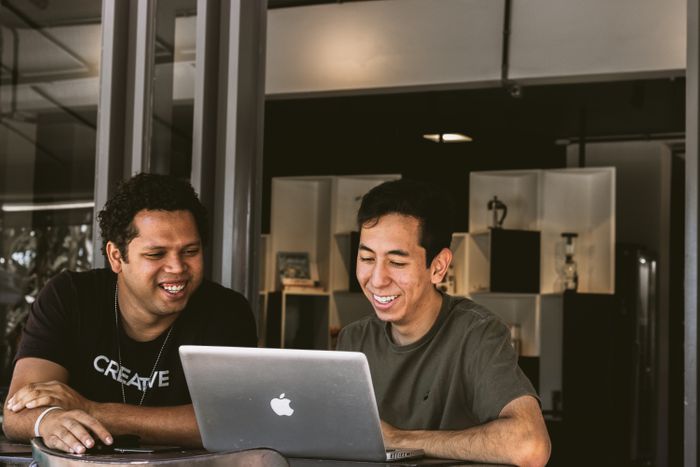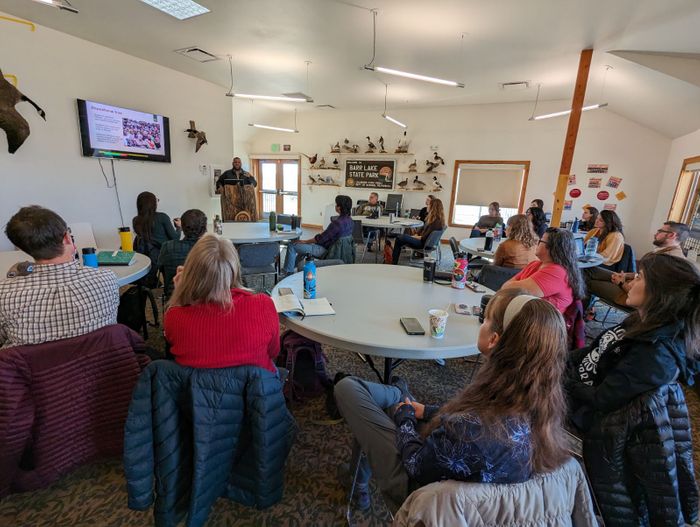Community Assessments
Stop Assuming. Start Knowing.
Community Assessments and Reports
Science-driven community assessments to help improve the sustainability of your conservation projects.
About our Community Assessments and Social Science Approach
We use applied social science and robust relationship building to understand the communities and partners that impact your work. This process will align with your project schedule and is not tied to academic timelines. We ensure the results are actionable. We provide immediate next steps to integrate results and recommendations into your work. Our science and assessments are conducted to reduce bias and uplift underrepresented voices that have historically been left out of data collection.
Community Knowledge and Needs Assessments
We will conduct strategic listening sessions with the communities and partners that impact your work. We can develop an approach with outcomes to help reduce assumptions, maximize your limited resources, and increase impact. We will create social metrics to help you understand how social success directly ties into conservation success. Watch a short video of our success doing just that.
Qualitative Social Science Projects
These projects consider the ecological and social issues surrounding a current or planned project. It may include focus groups, 1-on-1 interviews, town halls, literature reviews, and other techniques to help you understand your community of stakeholders. The final report will provide potential pitfalls to avoid and recommendations for implementation.

Case Studies
It is critical to capture lessons learned, verify impact, and share challenges. Sharing your work and comparing them with other internal and external examples is a great way to grow the conservation field. At LCS we will create case studies for you by reviewing documents, interviewing staff and partners, and synthesizing the data into a useable case study that will help you, partners, and funders better understand the social and ecological impact of your work.
Gap Analysis Report
The analysis covers the performance of your company or organization to determine if objectives are being met, and if not, what measures should be taken to meet them. The process is a comparison of the company or organization’s current/future programming with the goals/needs of the communities being impacted. The results highlight areas for improvement, potential knowledge gaps, and opportunities for expansion so that programming better aligns with future goals and impacts.

